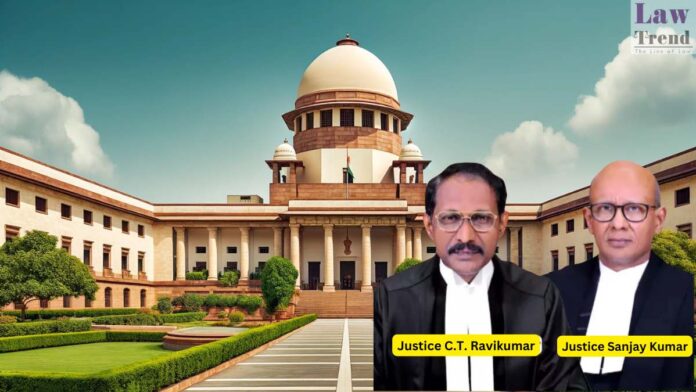In a significant ruling, the Supreme Court of India held that the transfer of immovable property to a minor is legally valid as a sale is not classified as a contract under the Transfer of Property Act. The judgment came in Civil Appeal Nos. 3159-3160 of 2019, in a case involving a disputed sale of
To Read More Please Subscribe to VIP Membership for Unlimited Access to All the Articles, Download Available Copies of Judgments/Order, Acess to Central/State Bare Acts, Advertisement Free Content, Access to More than 4000 Legal Drafts( Readymade Editable Formats of Suits, Petitions, Writs, Legal Notices, Divorce Petitions, 138 Notices, Bail Applications etc.) in Hindi and English.




